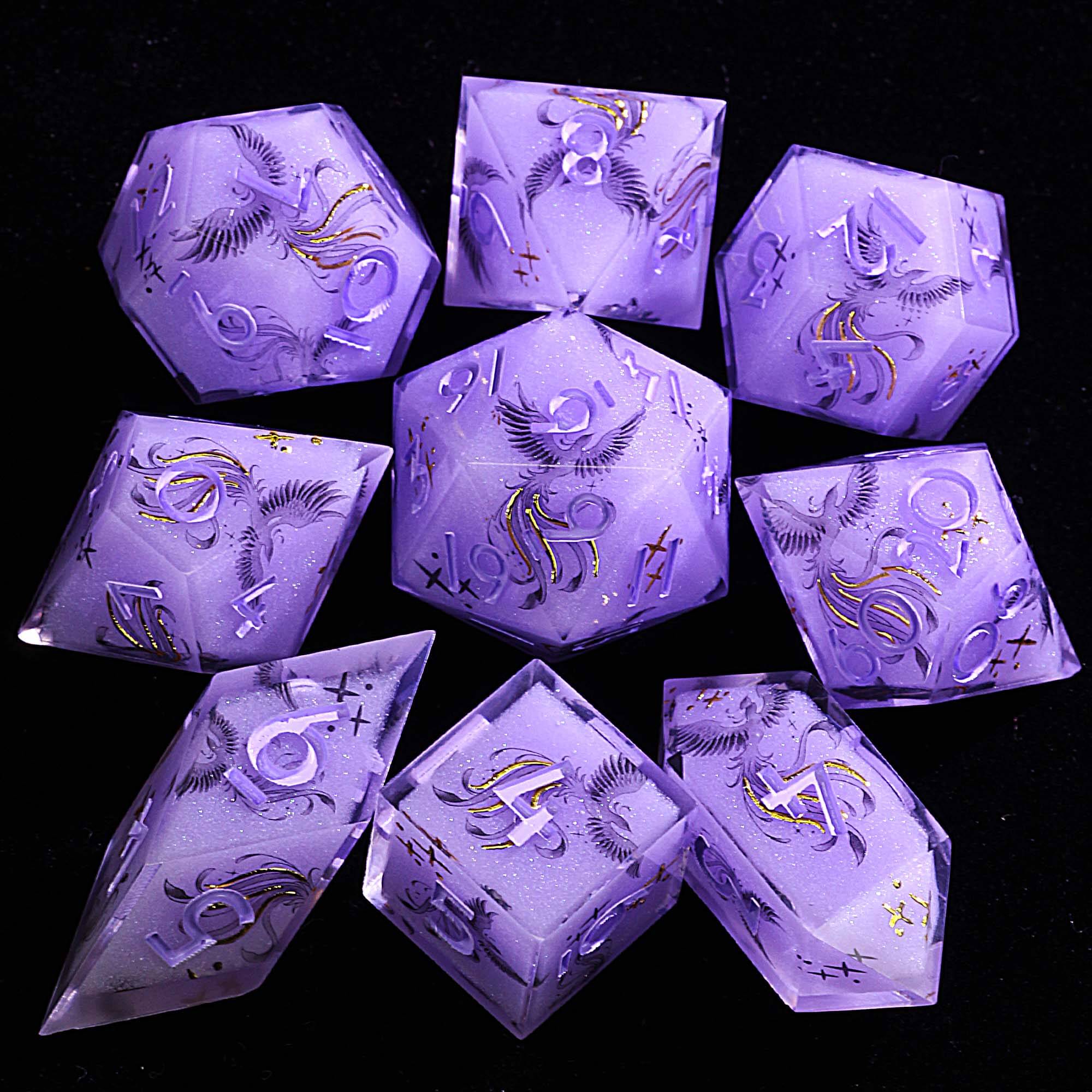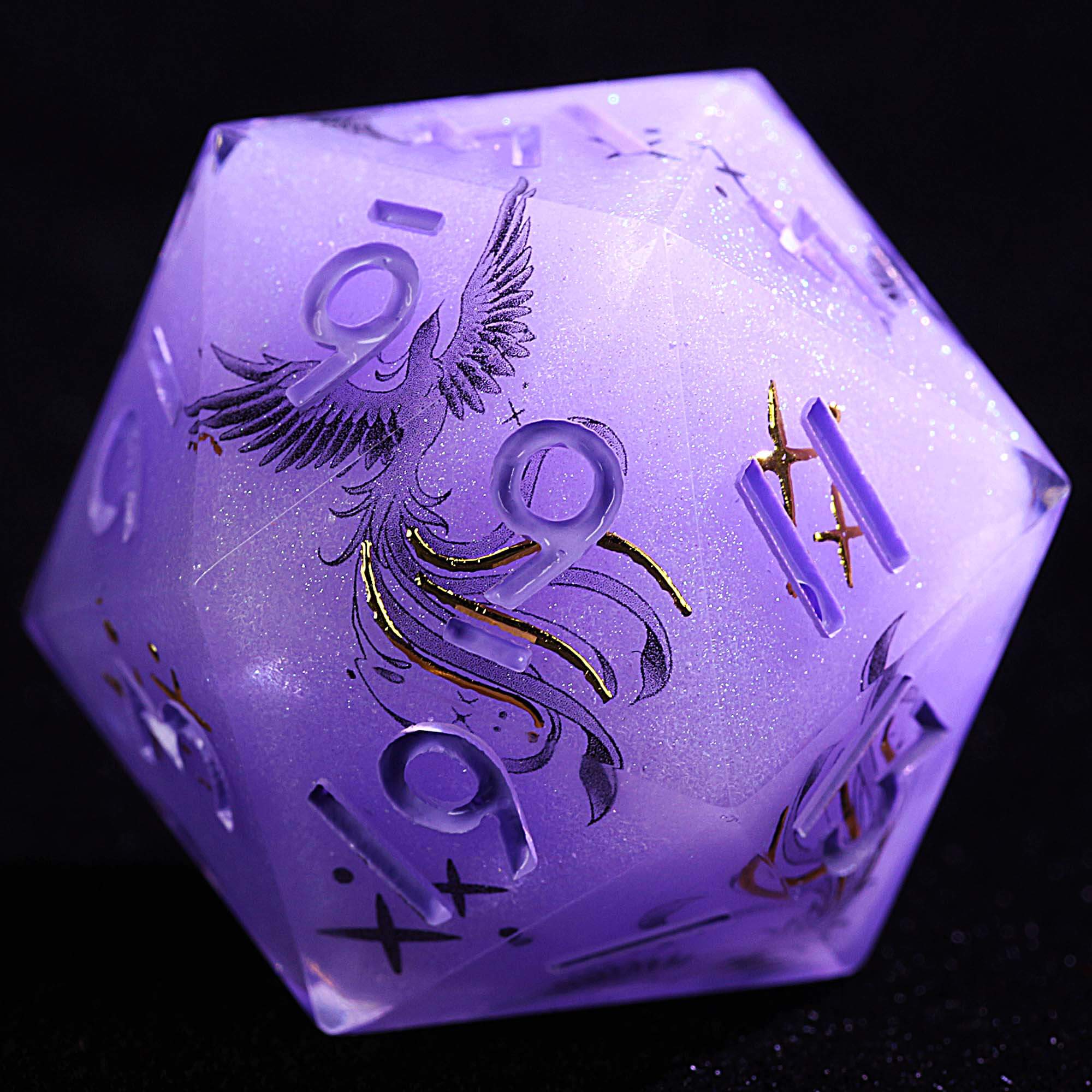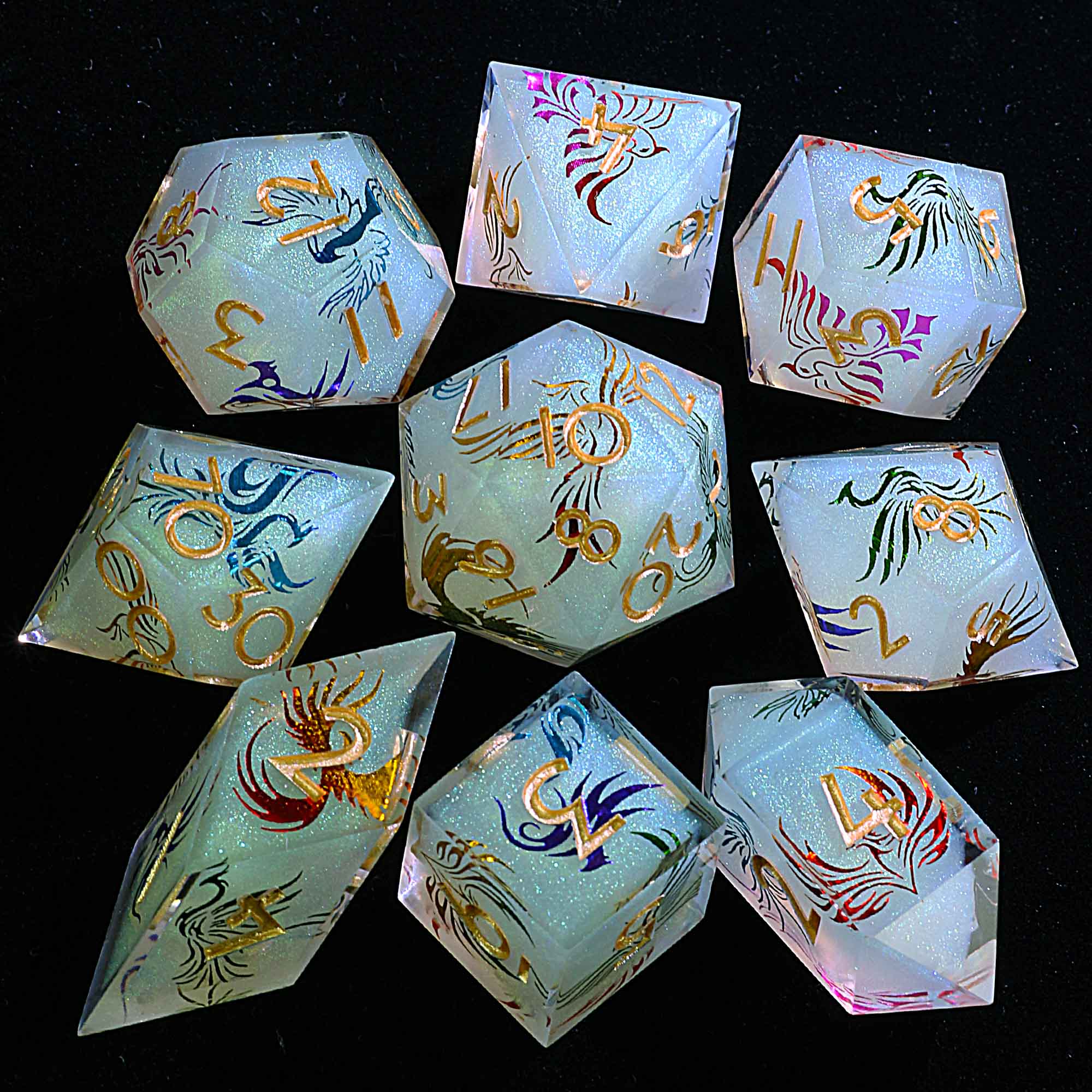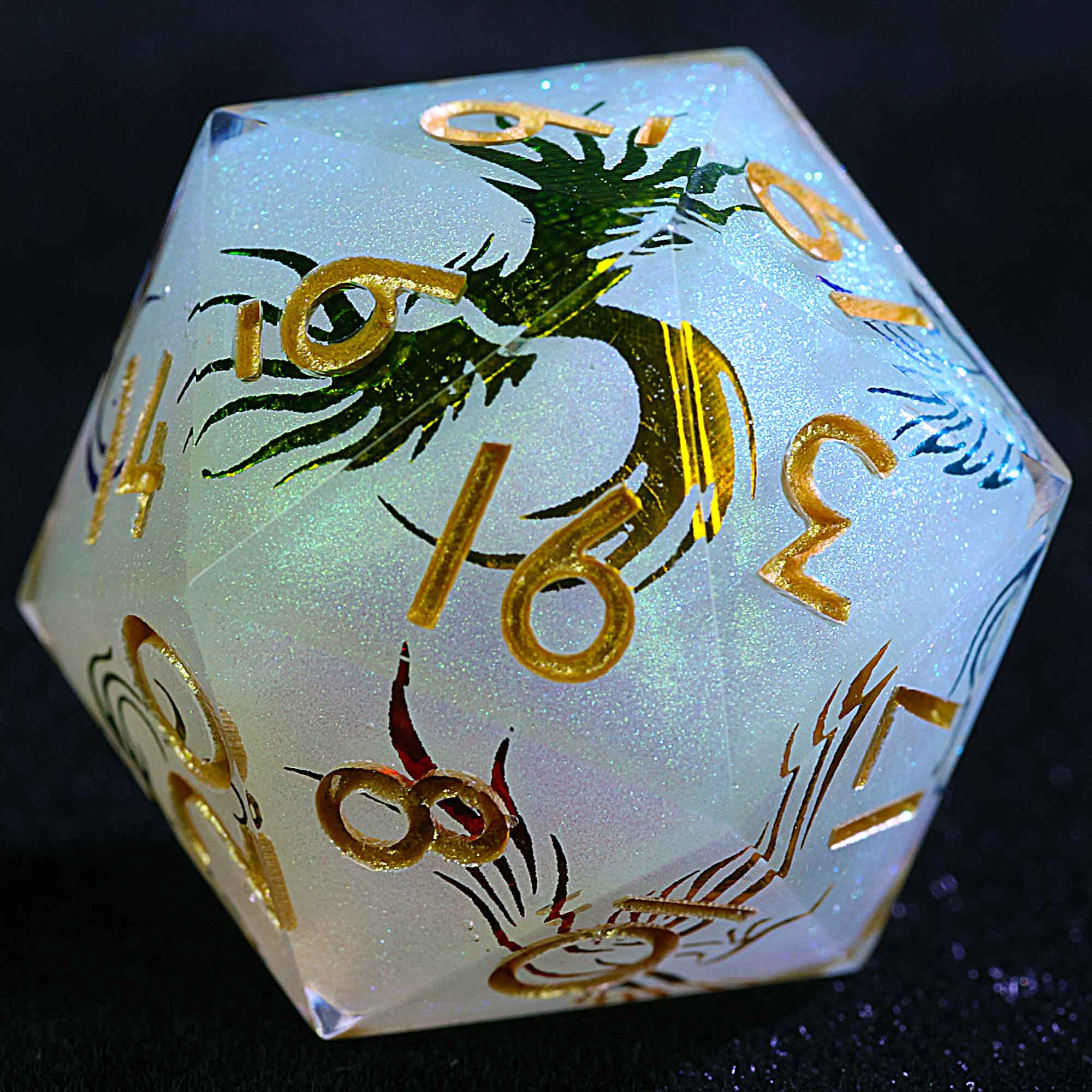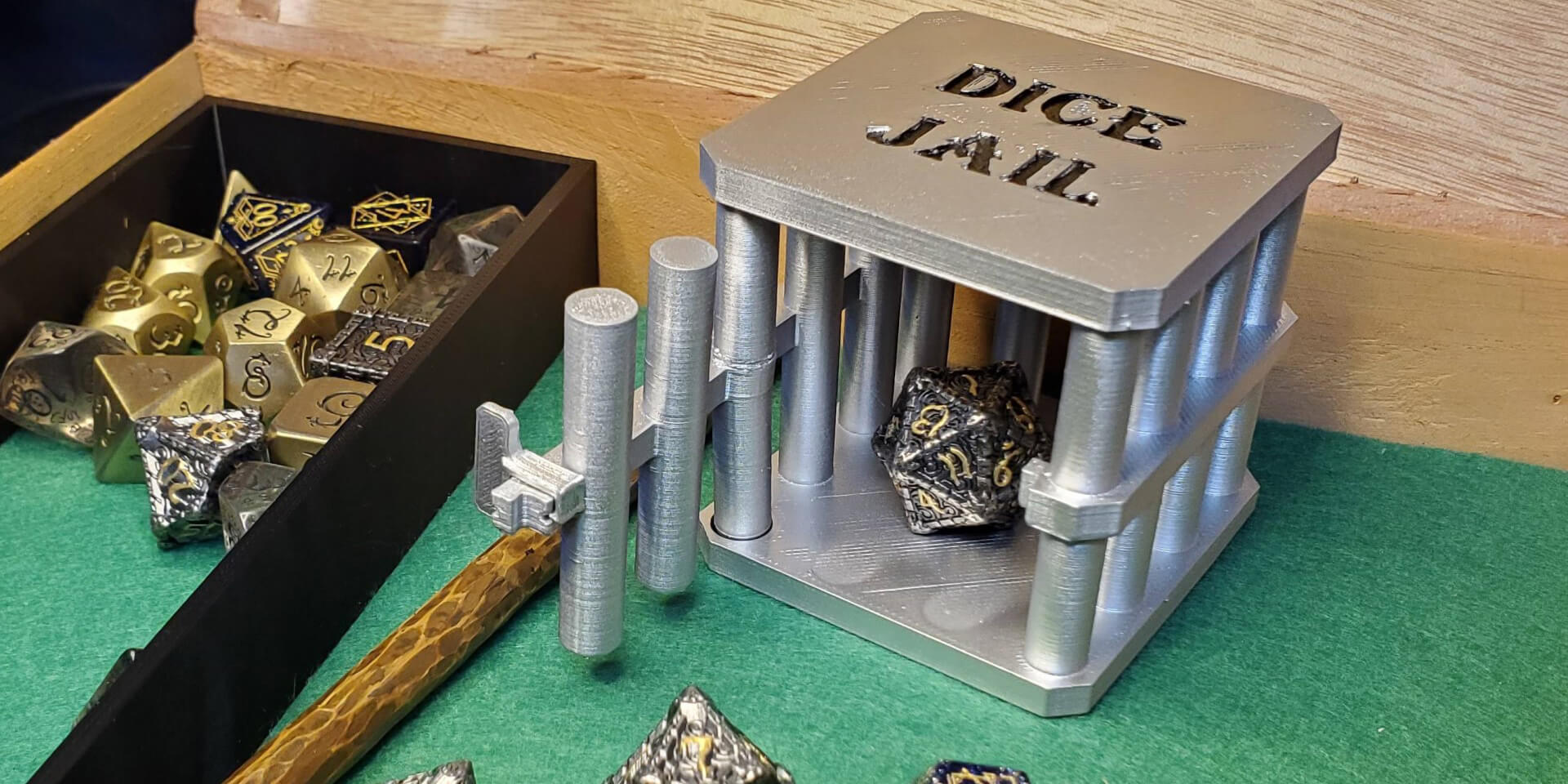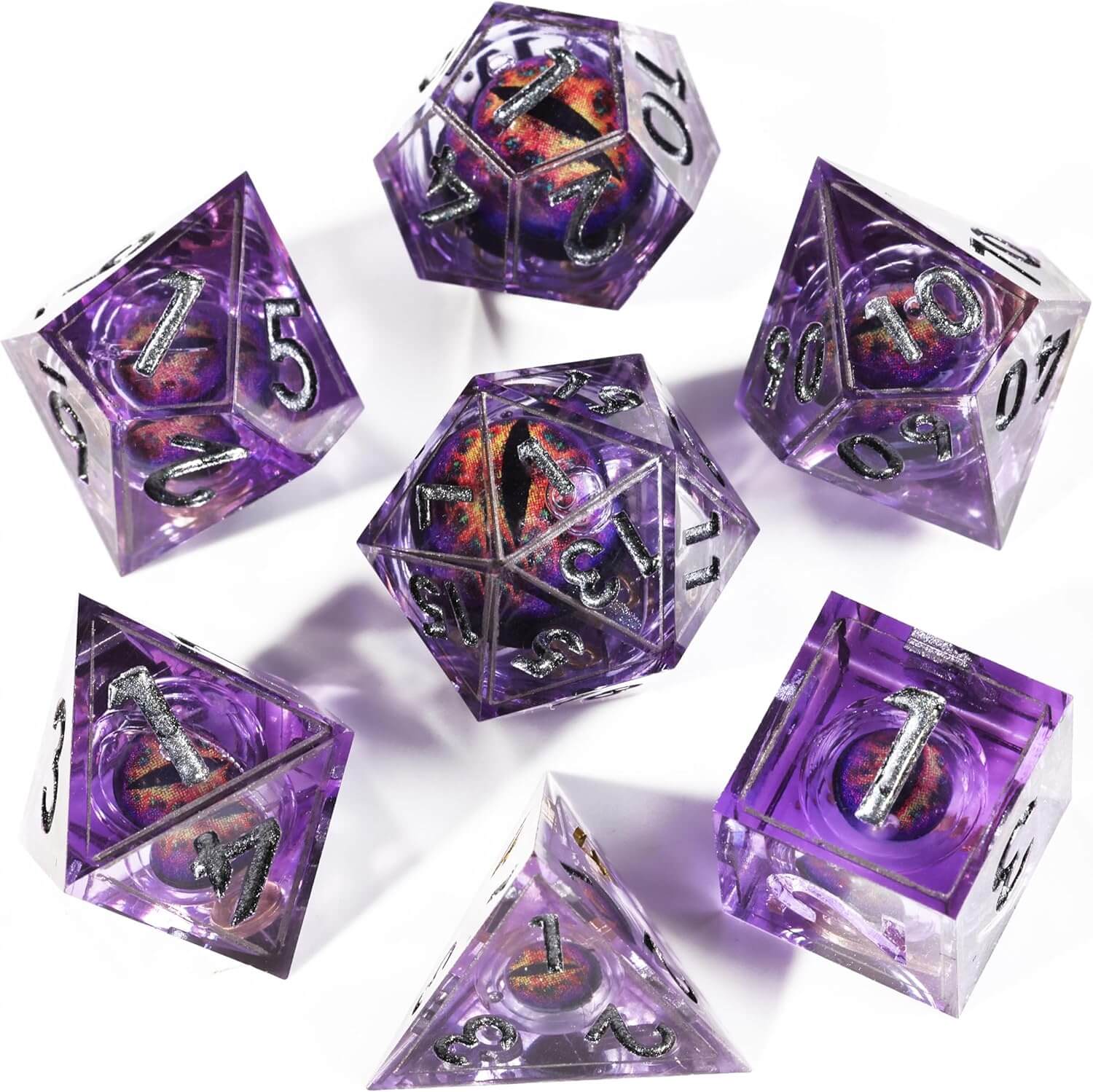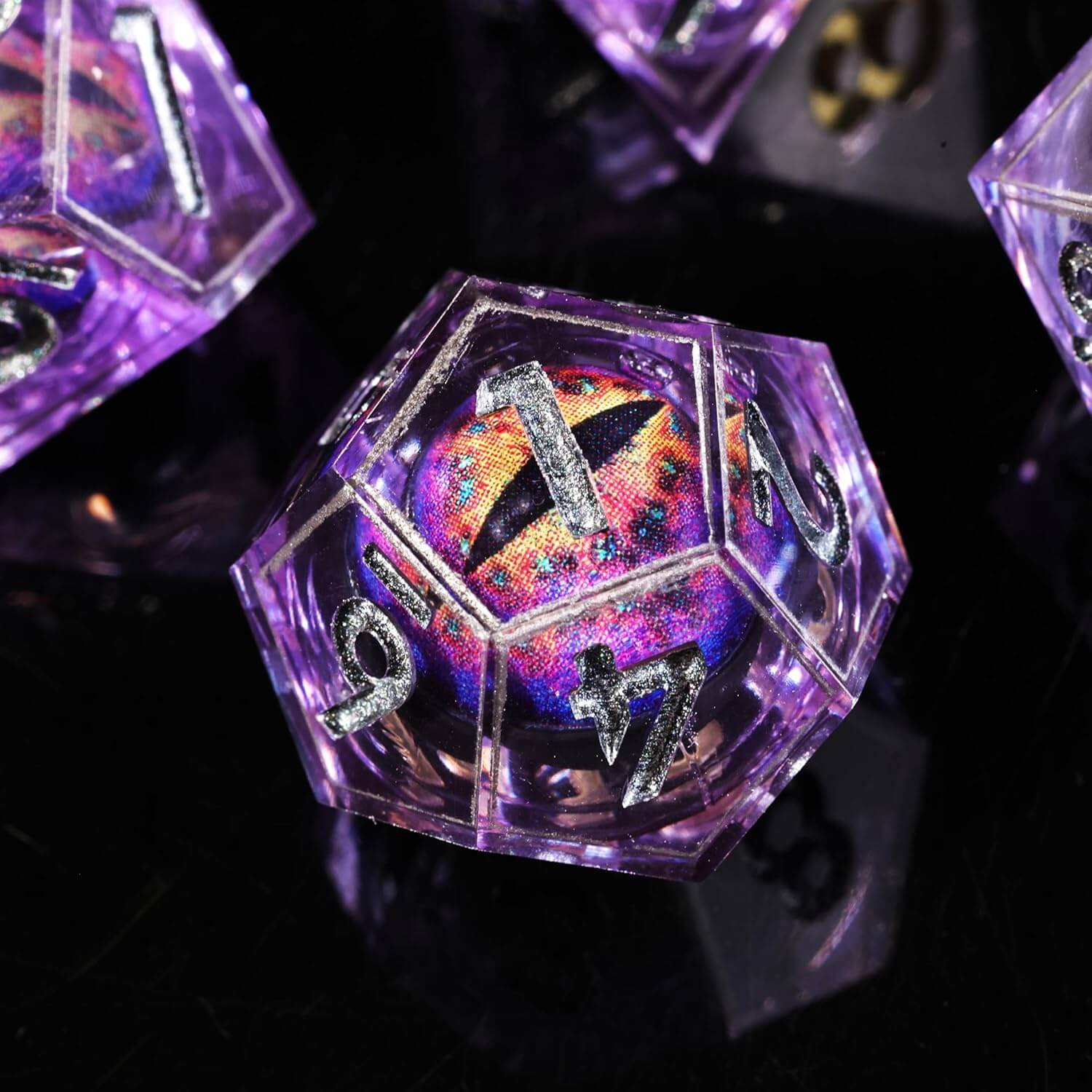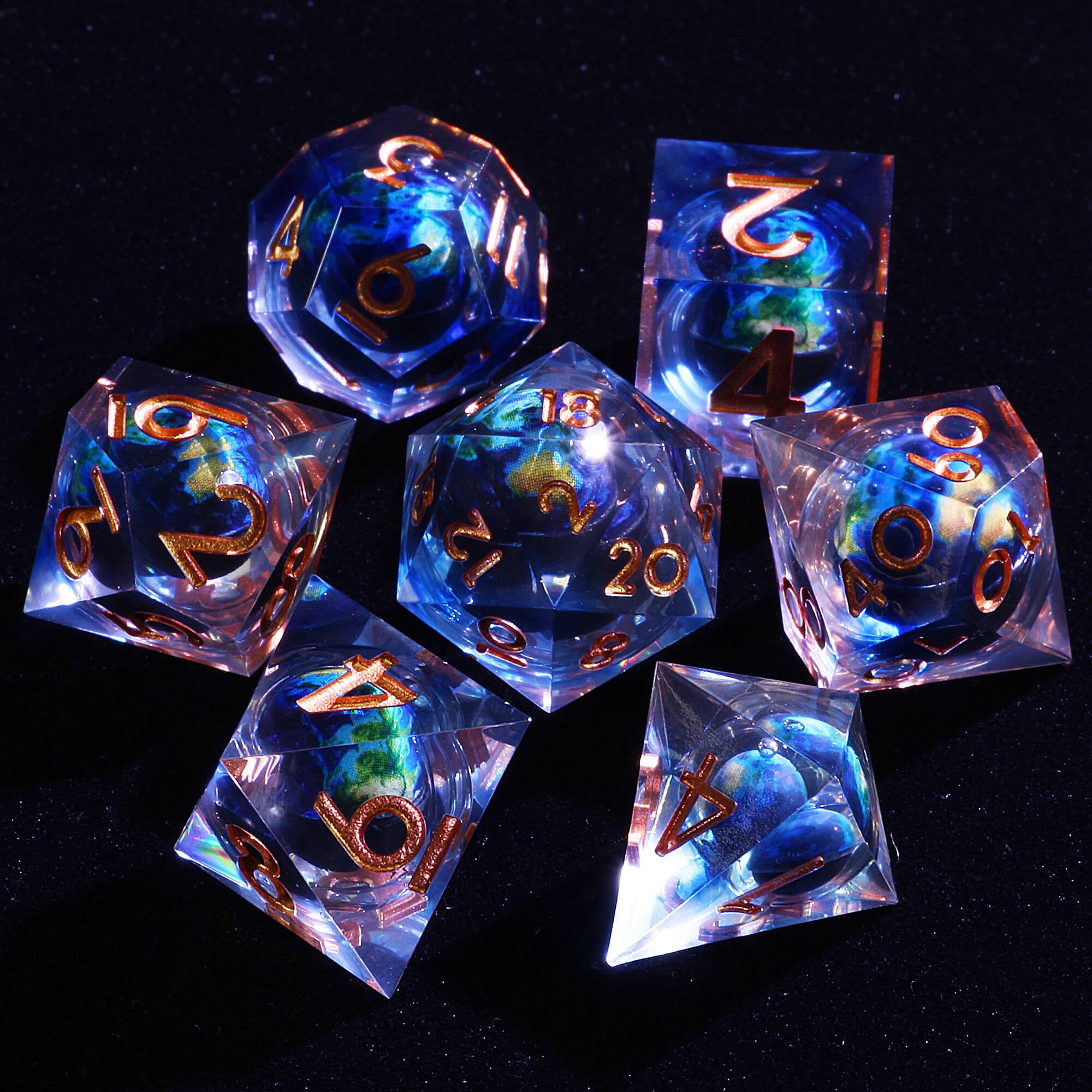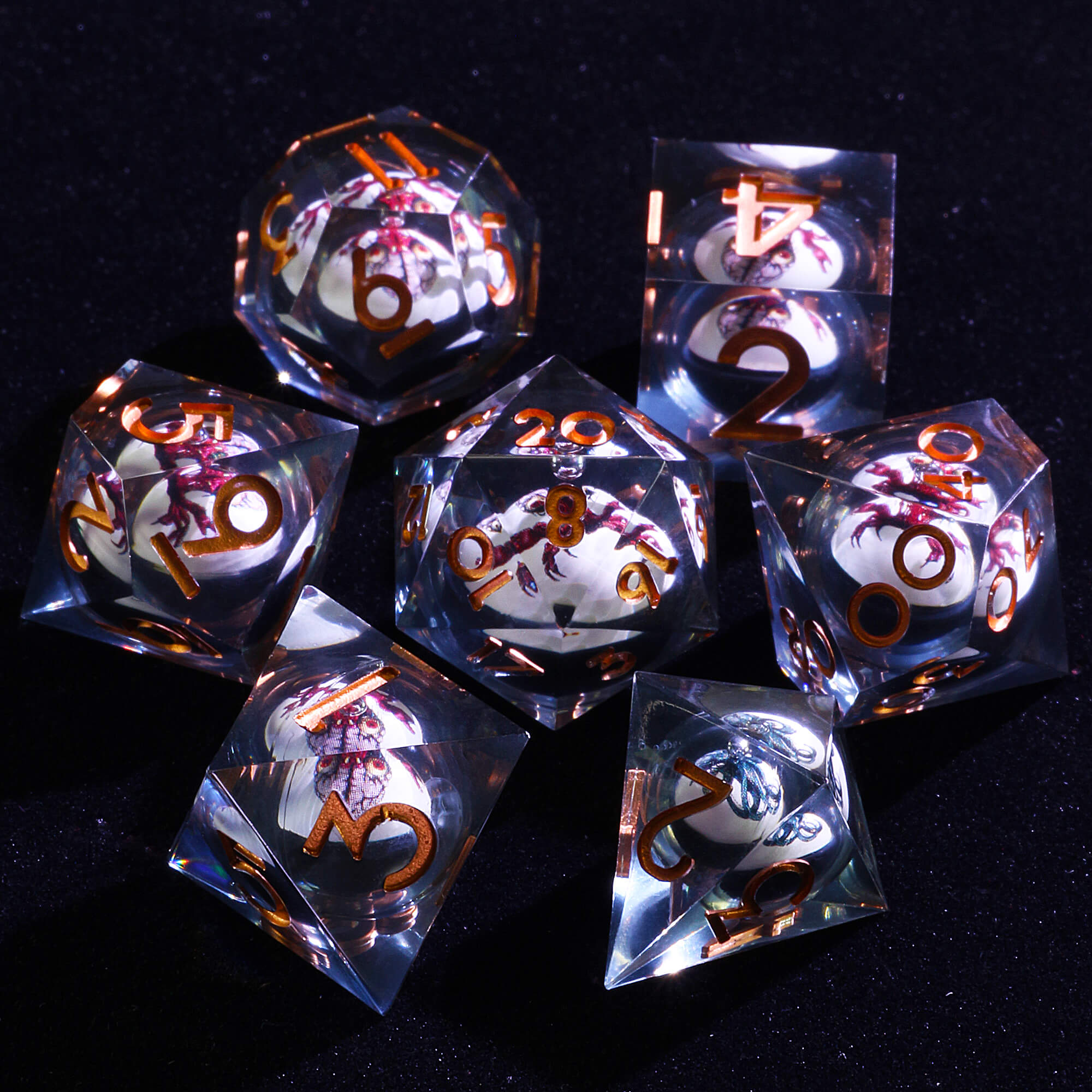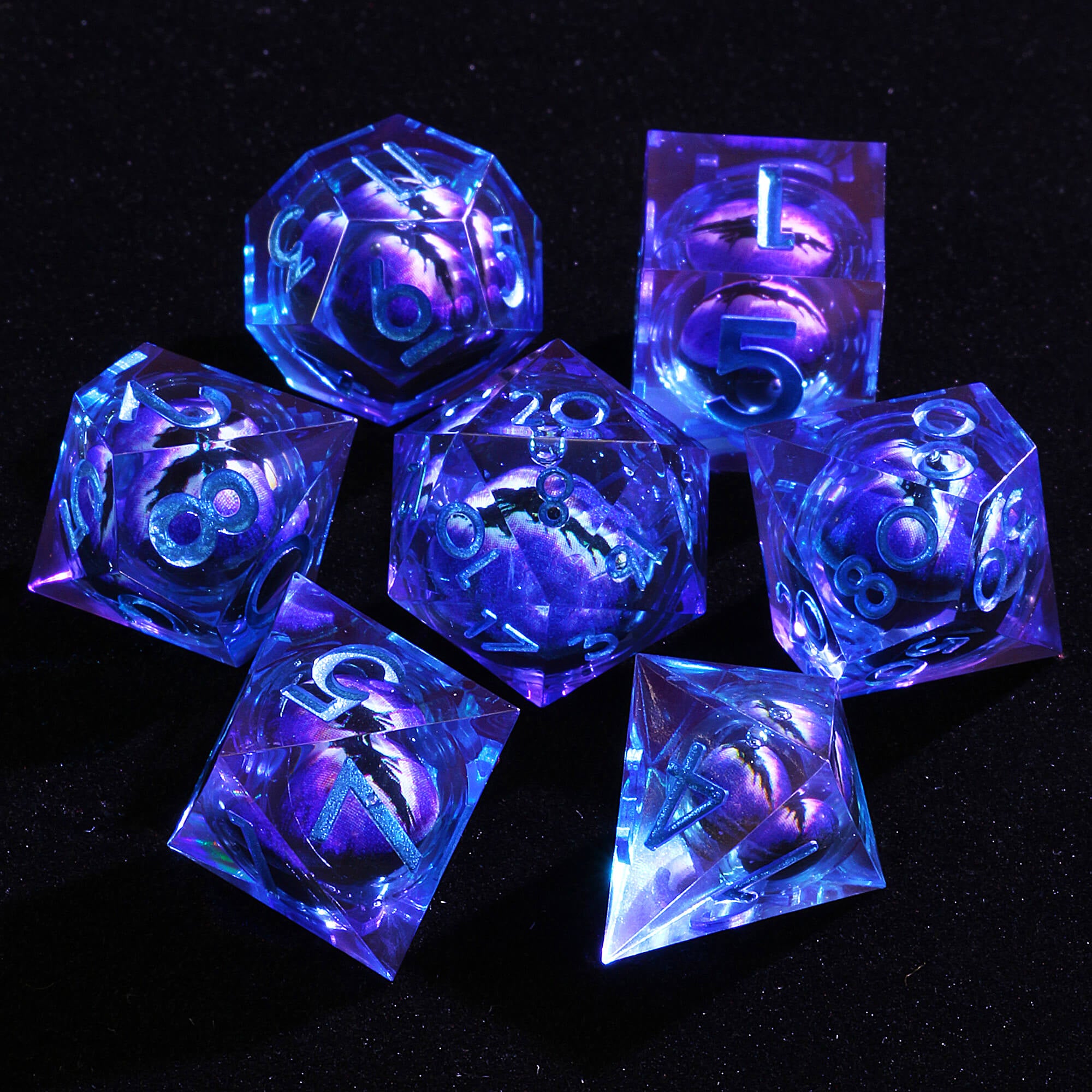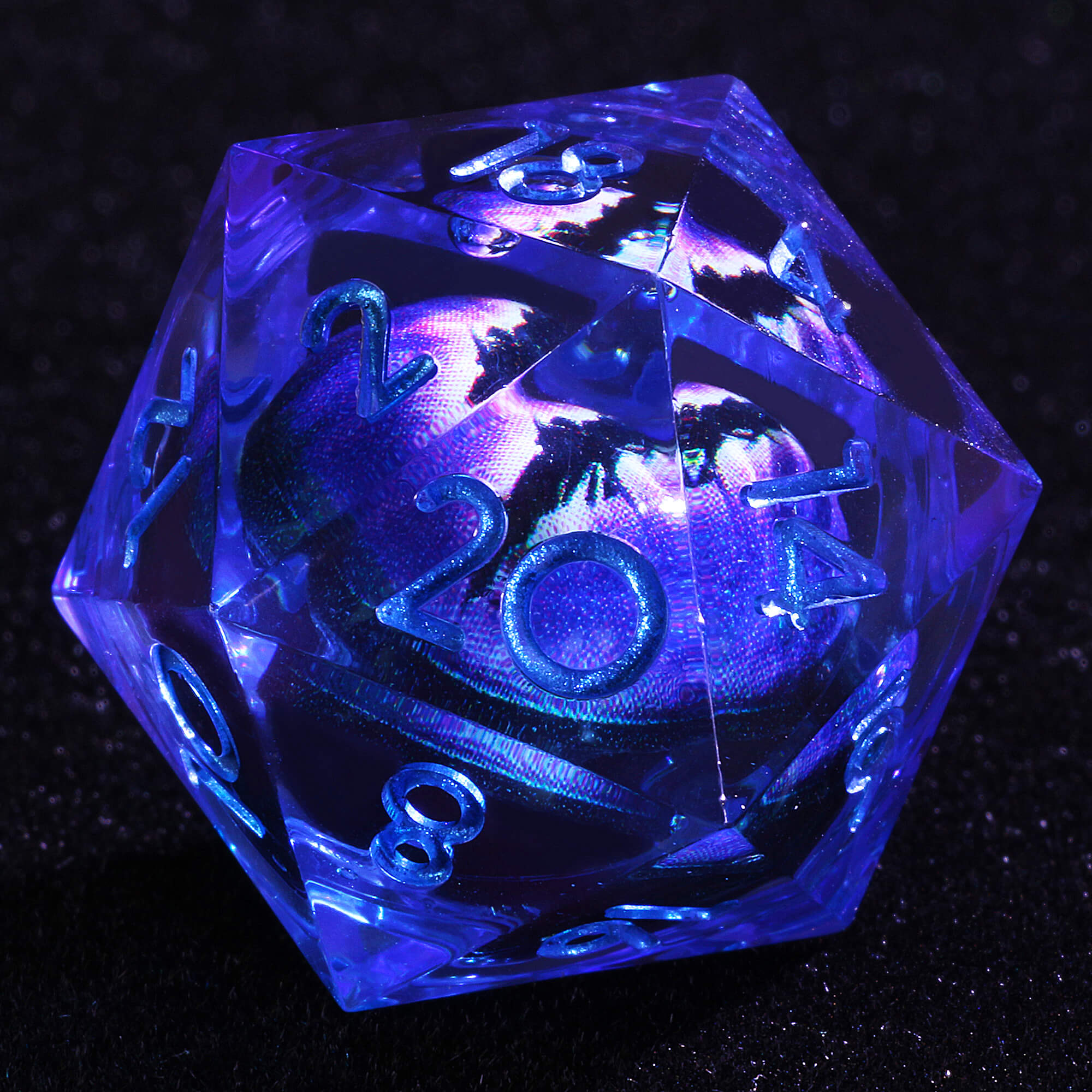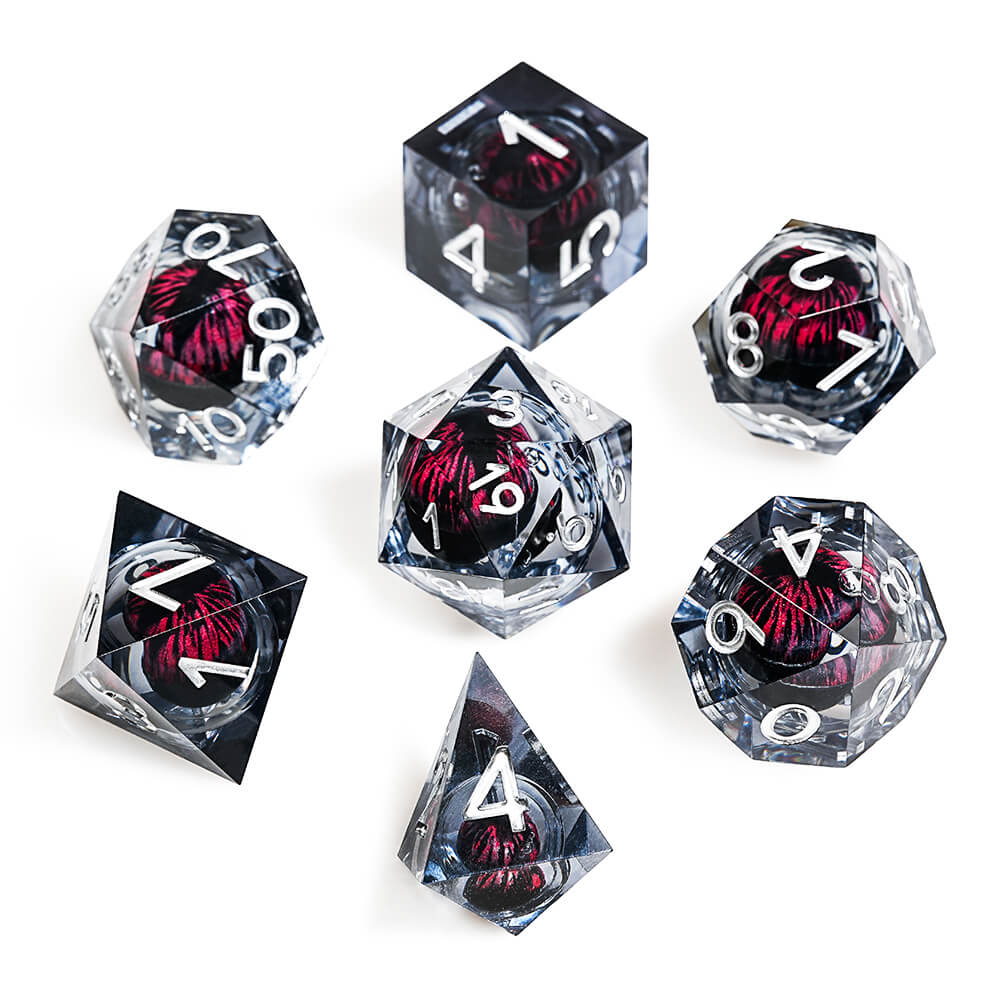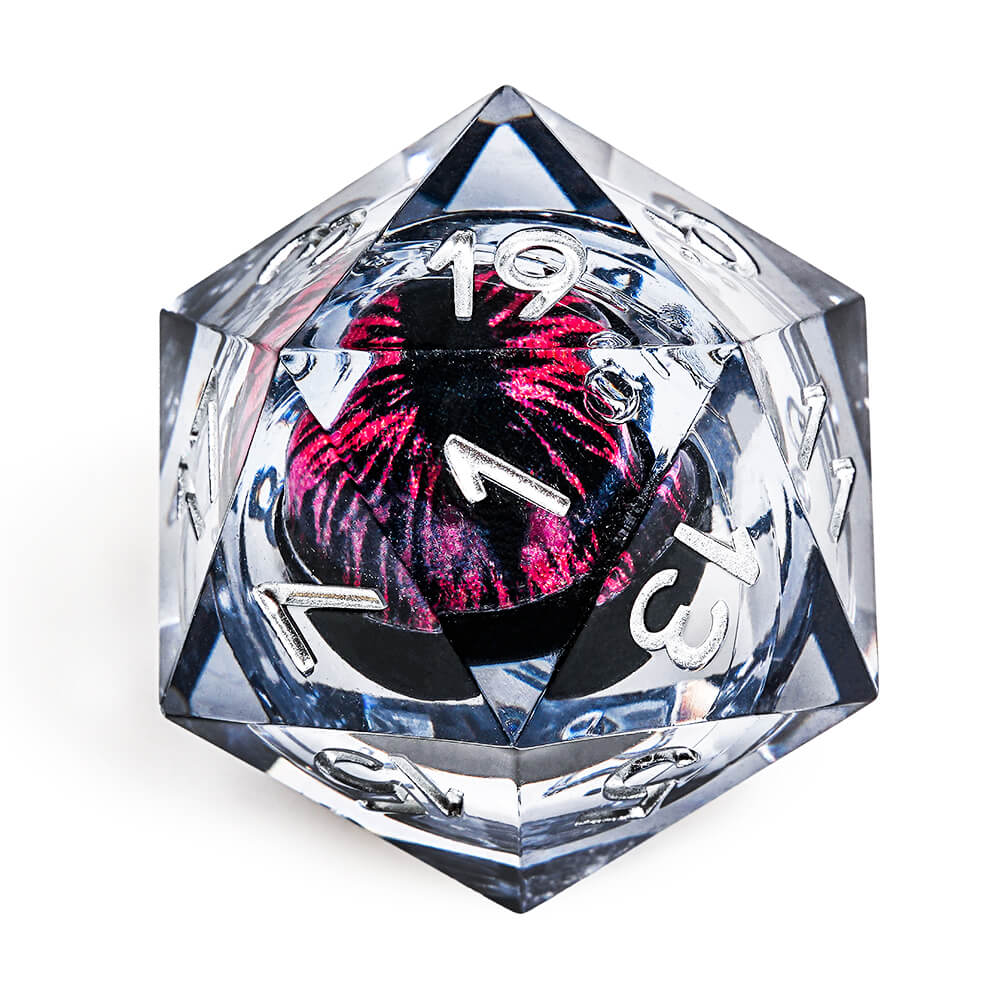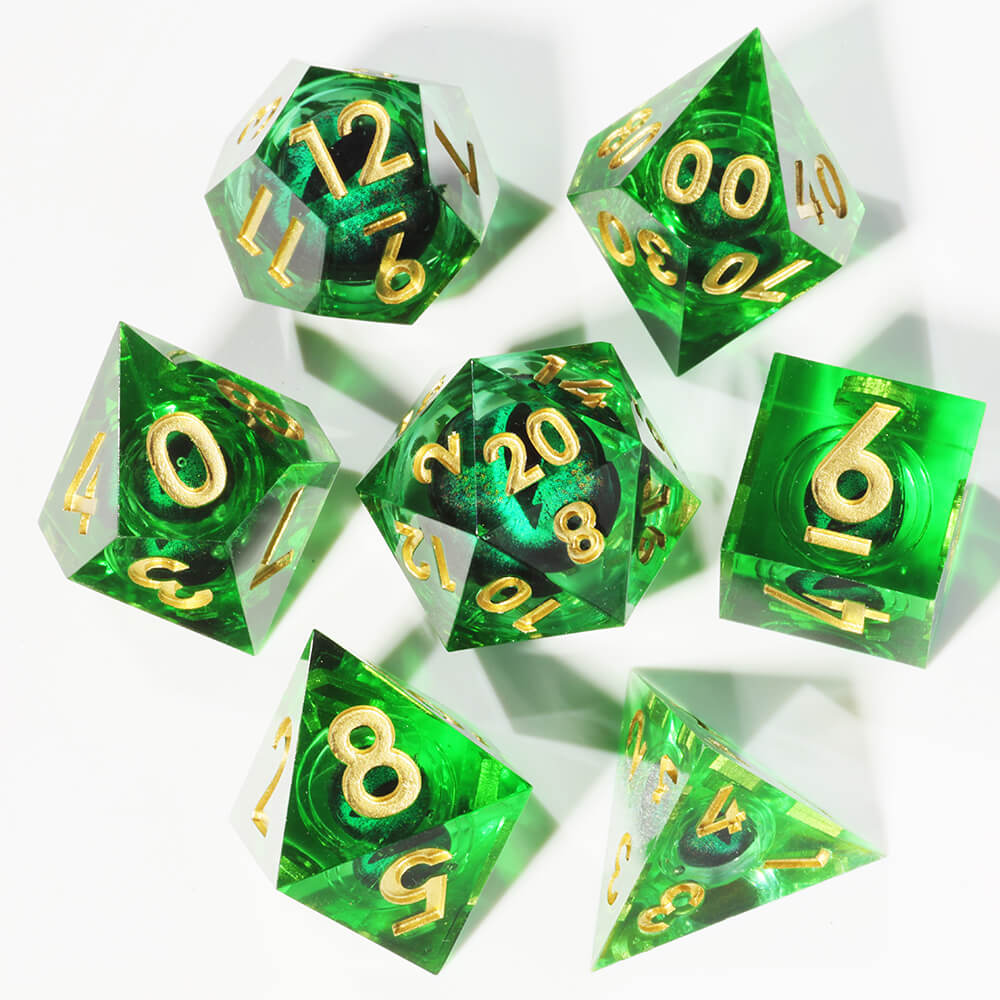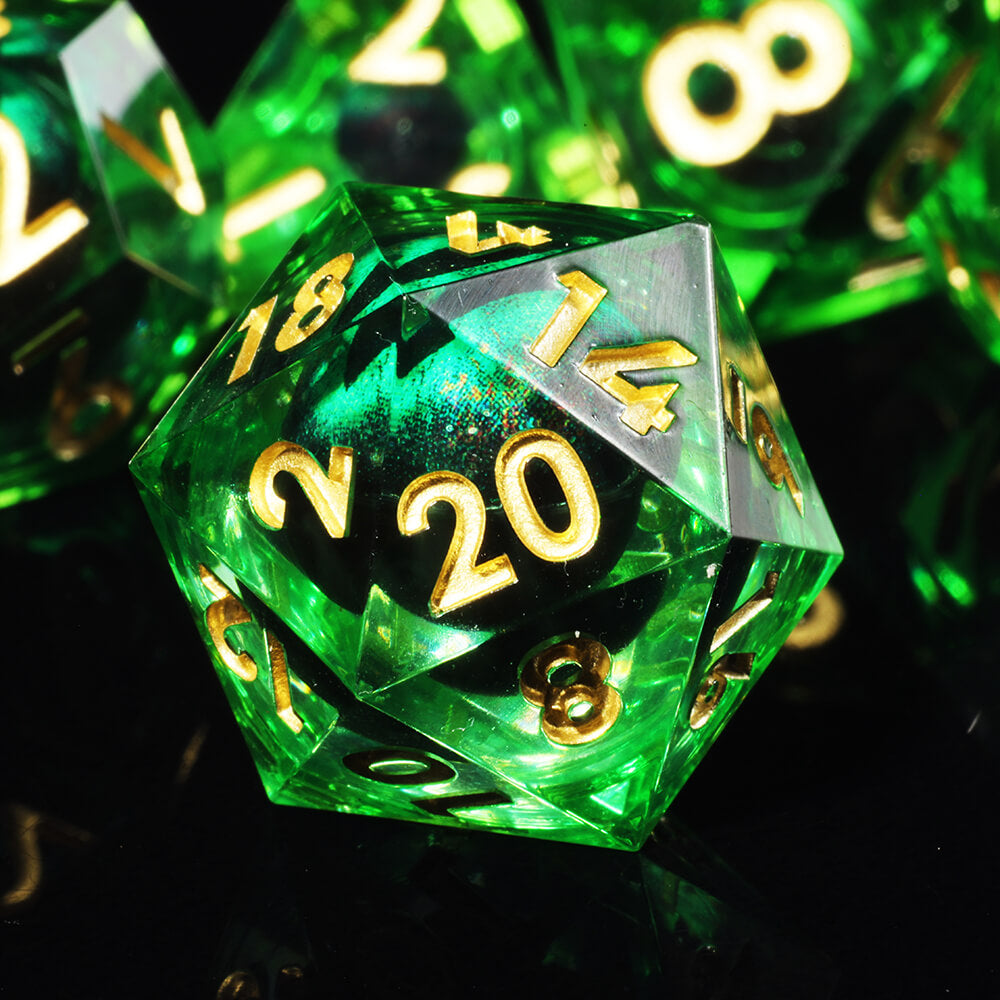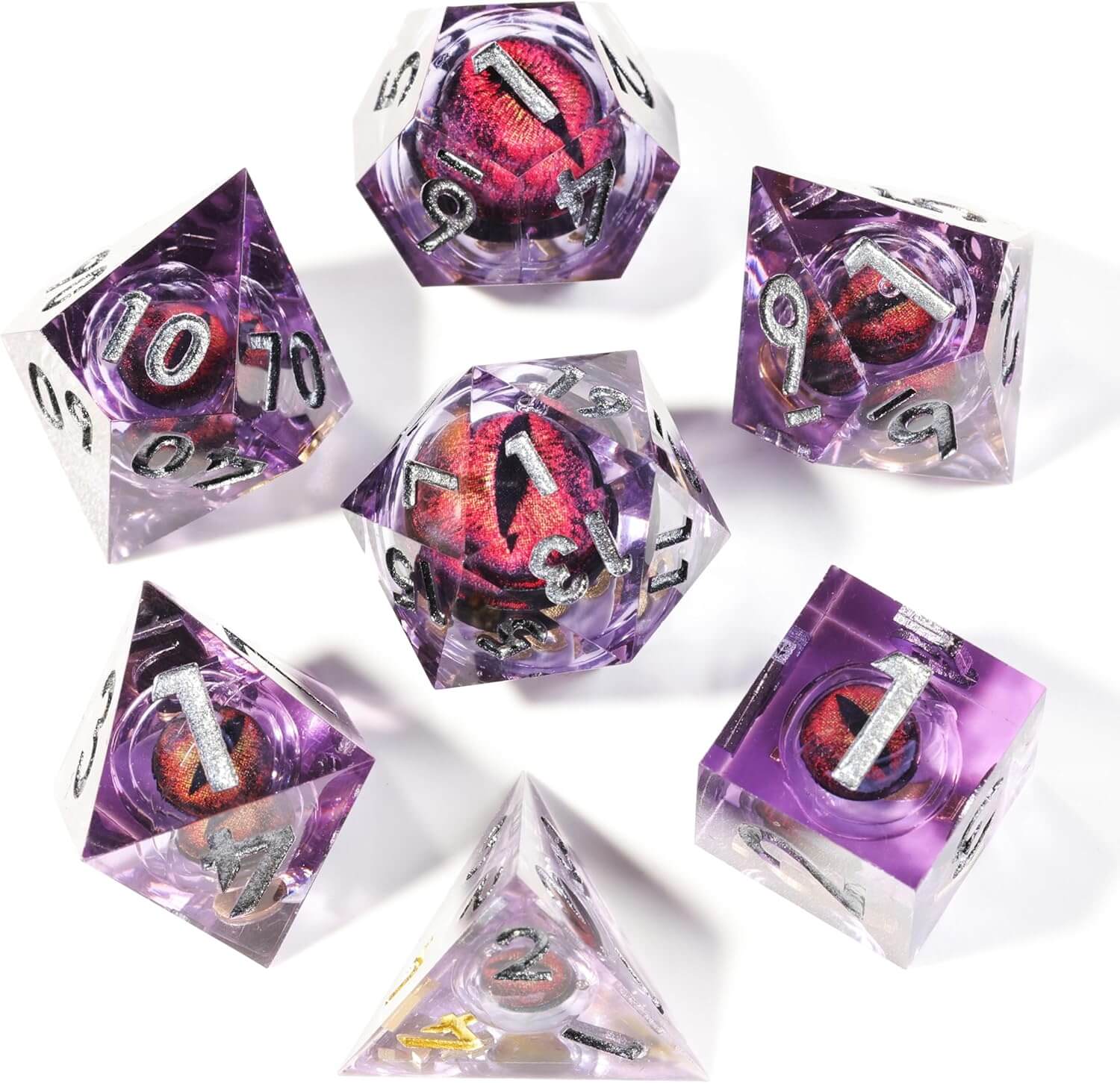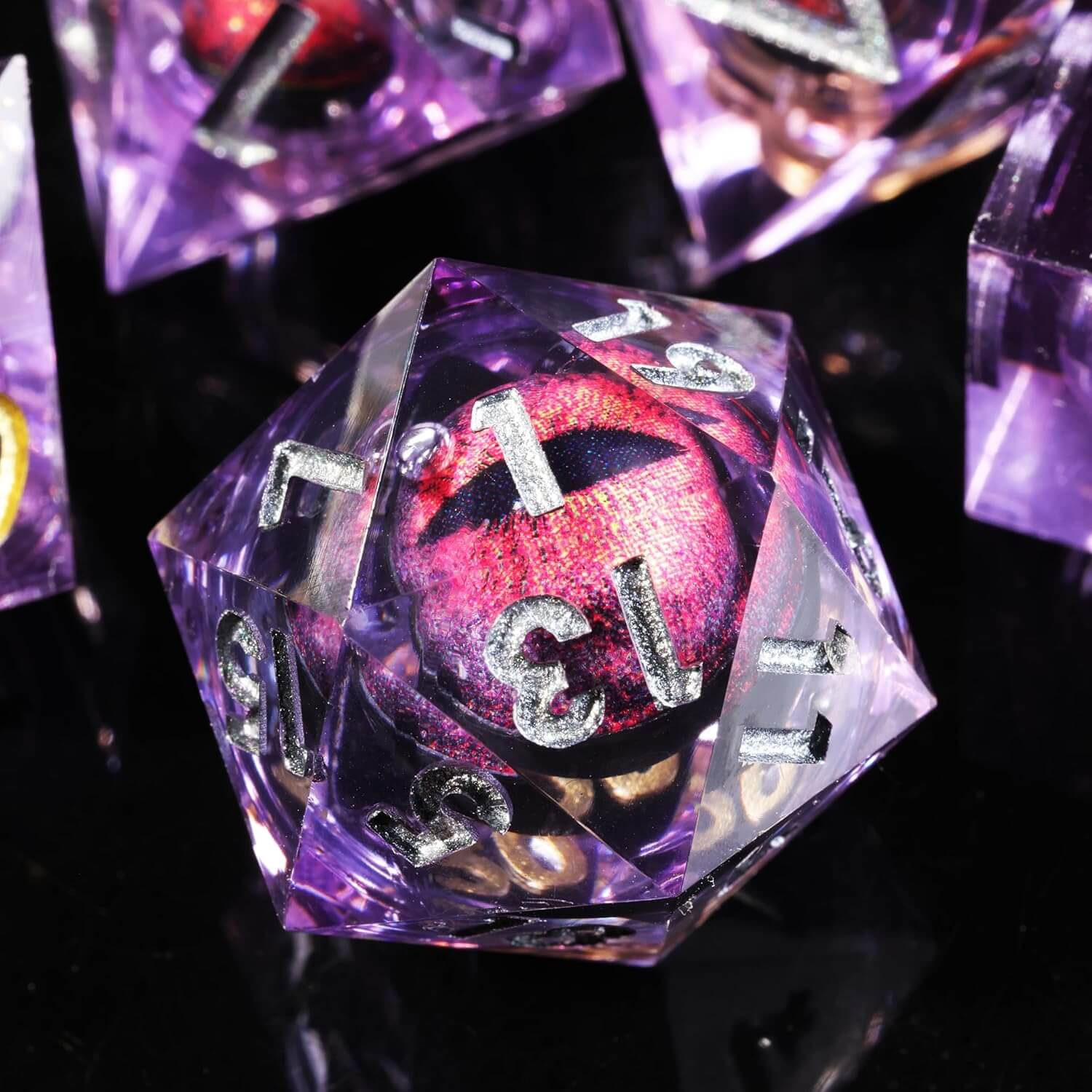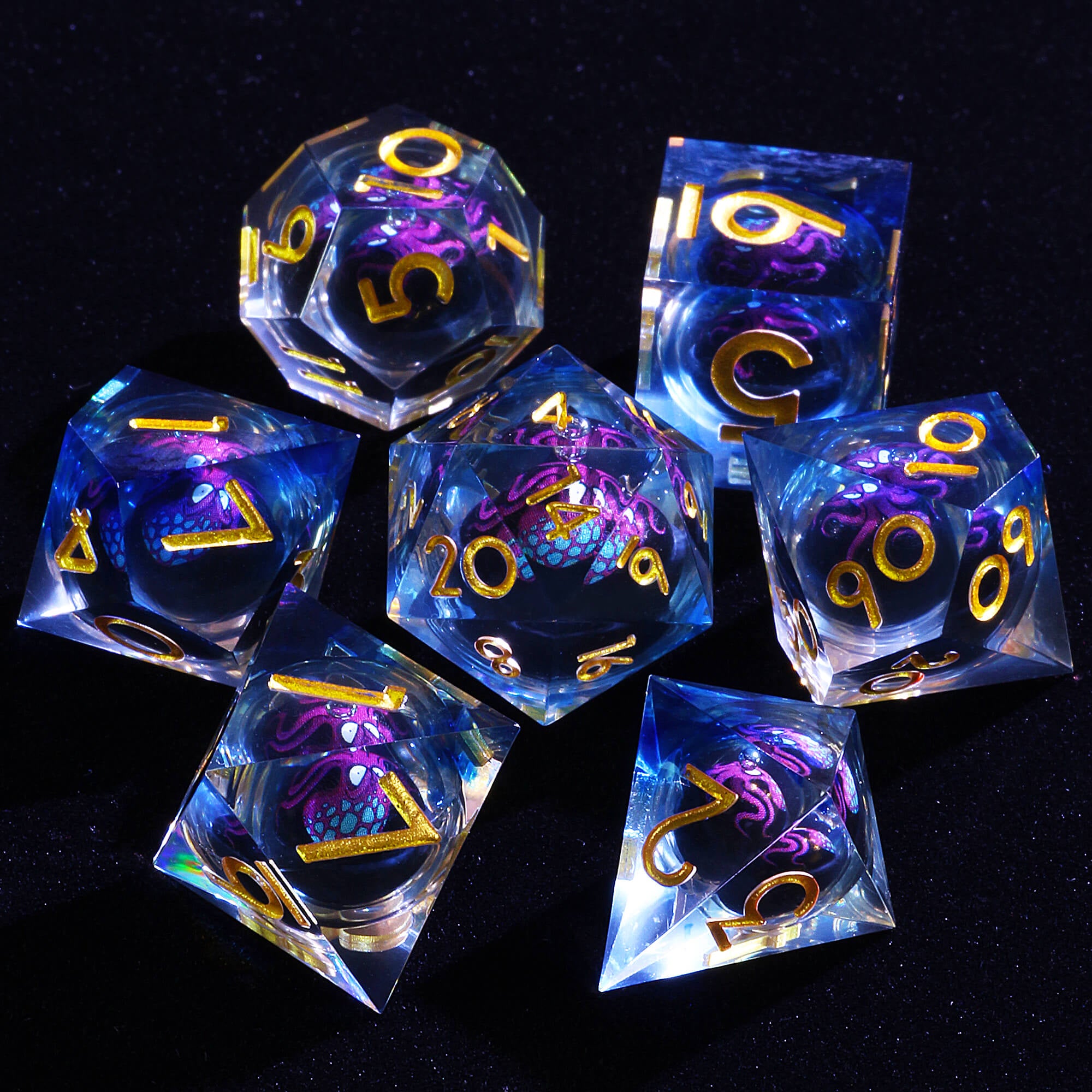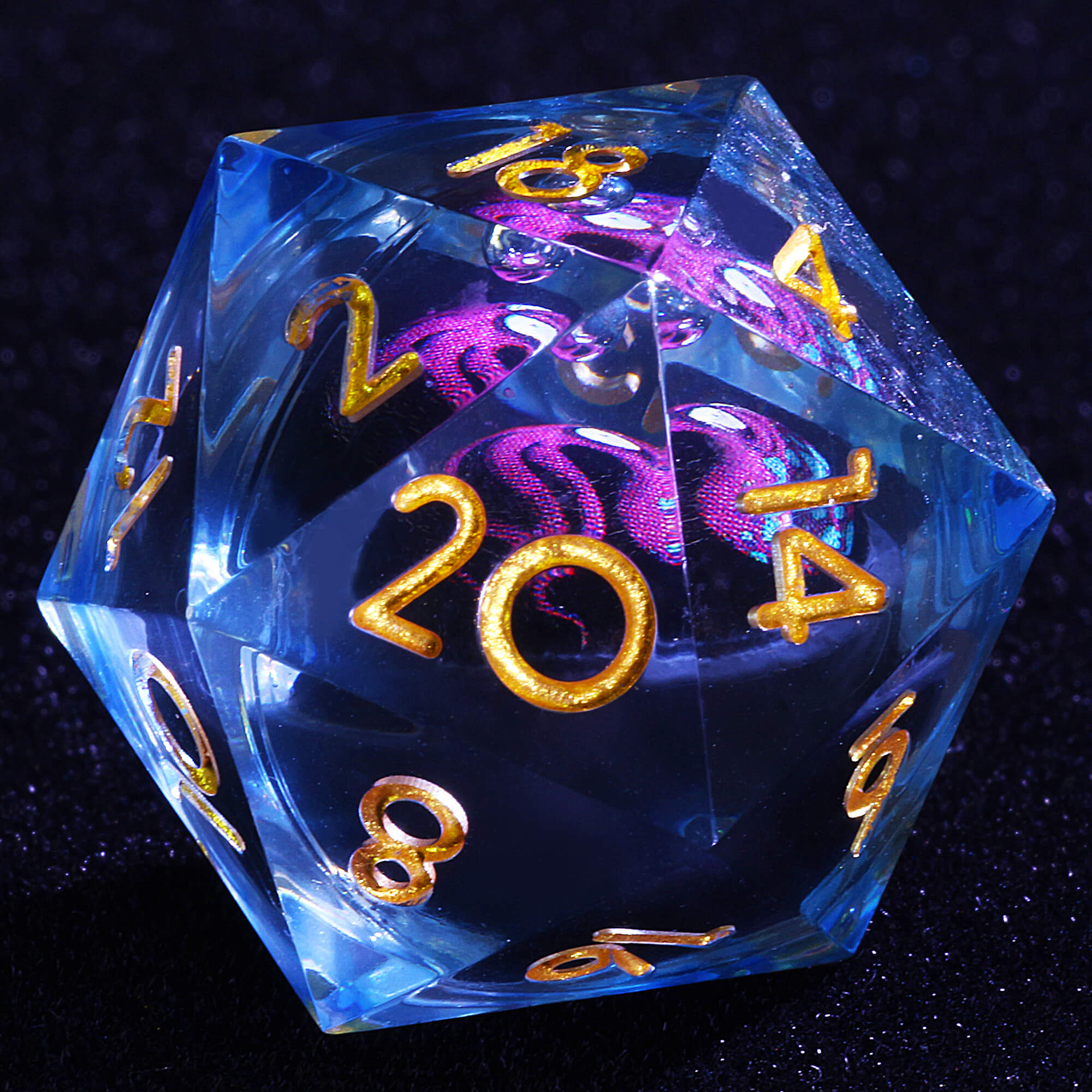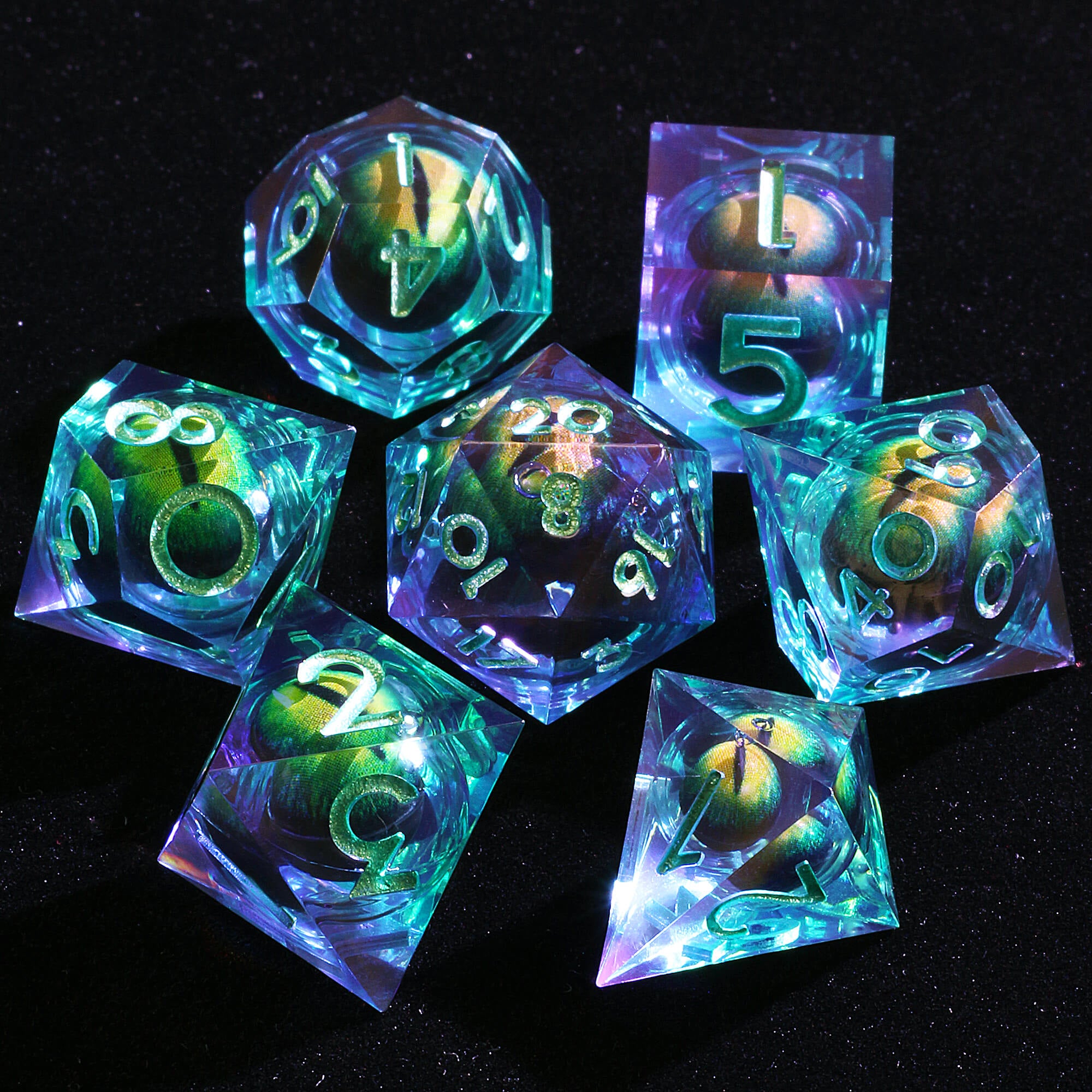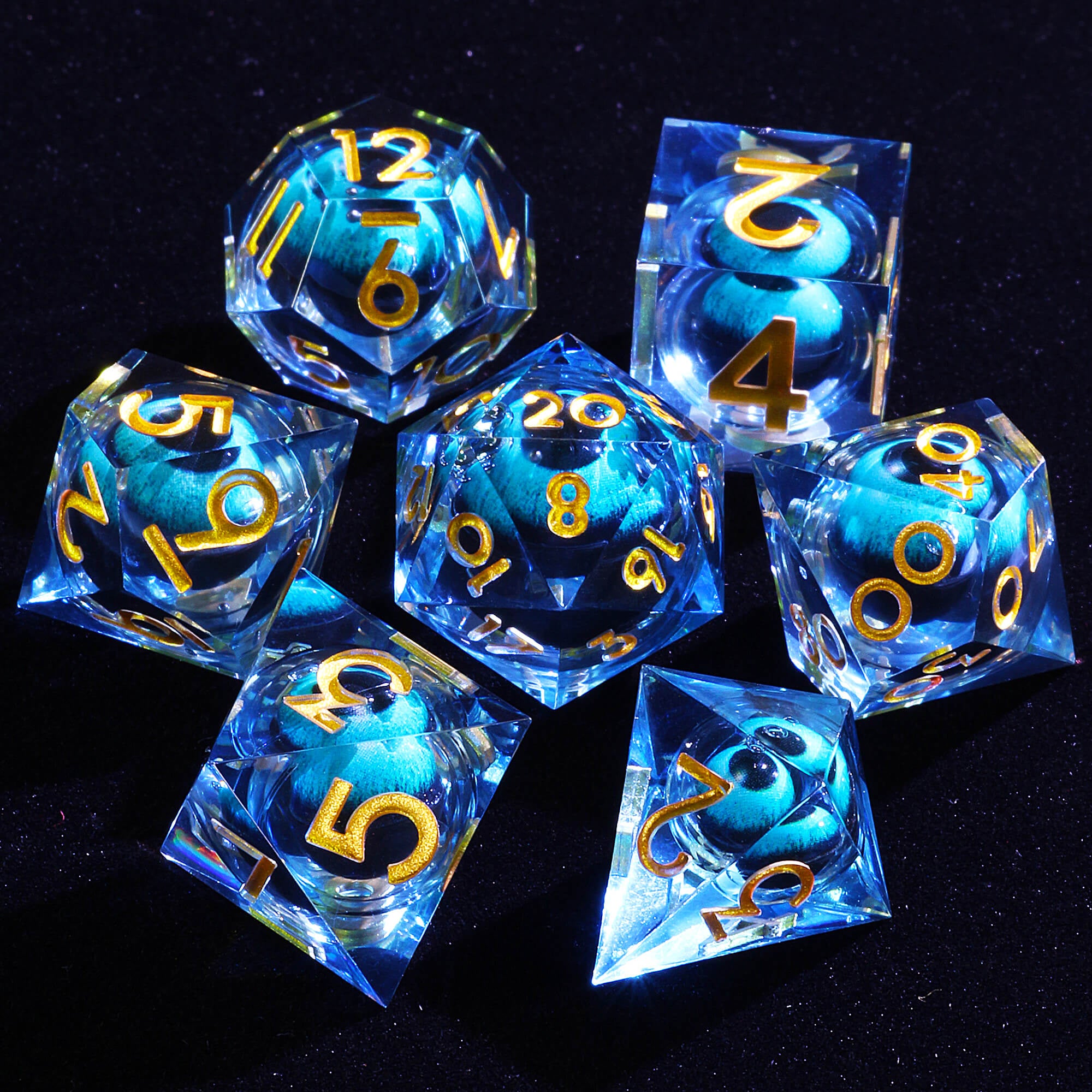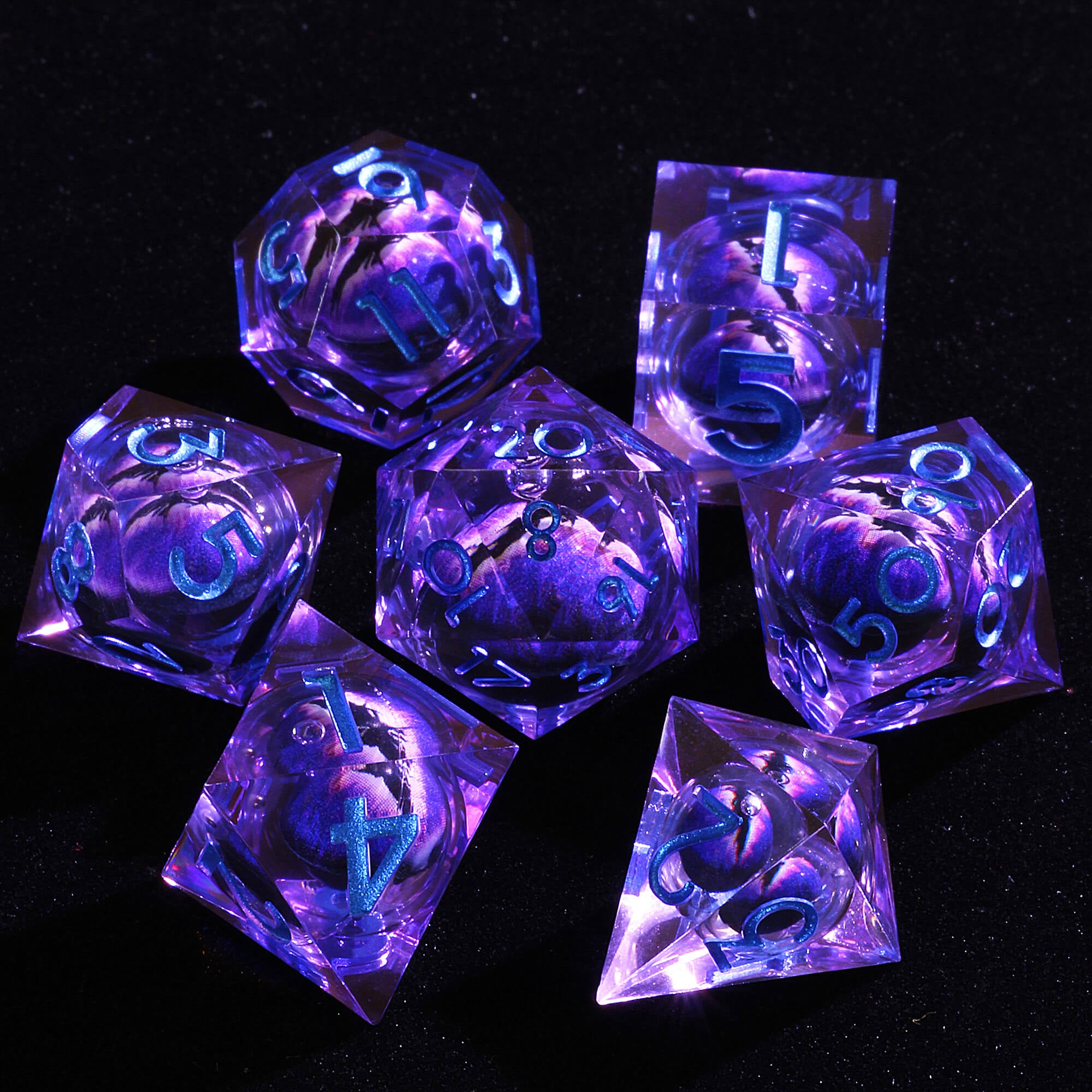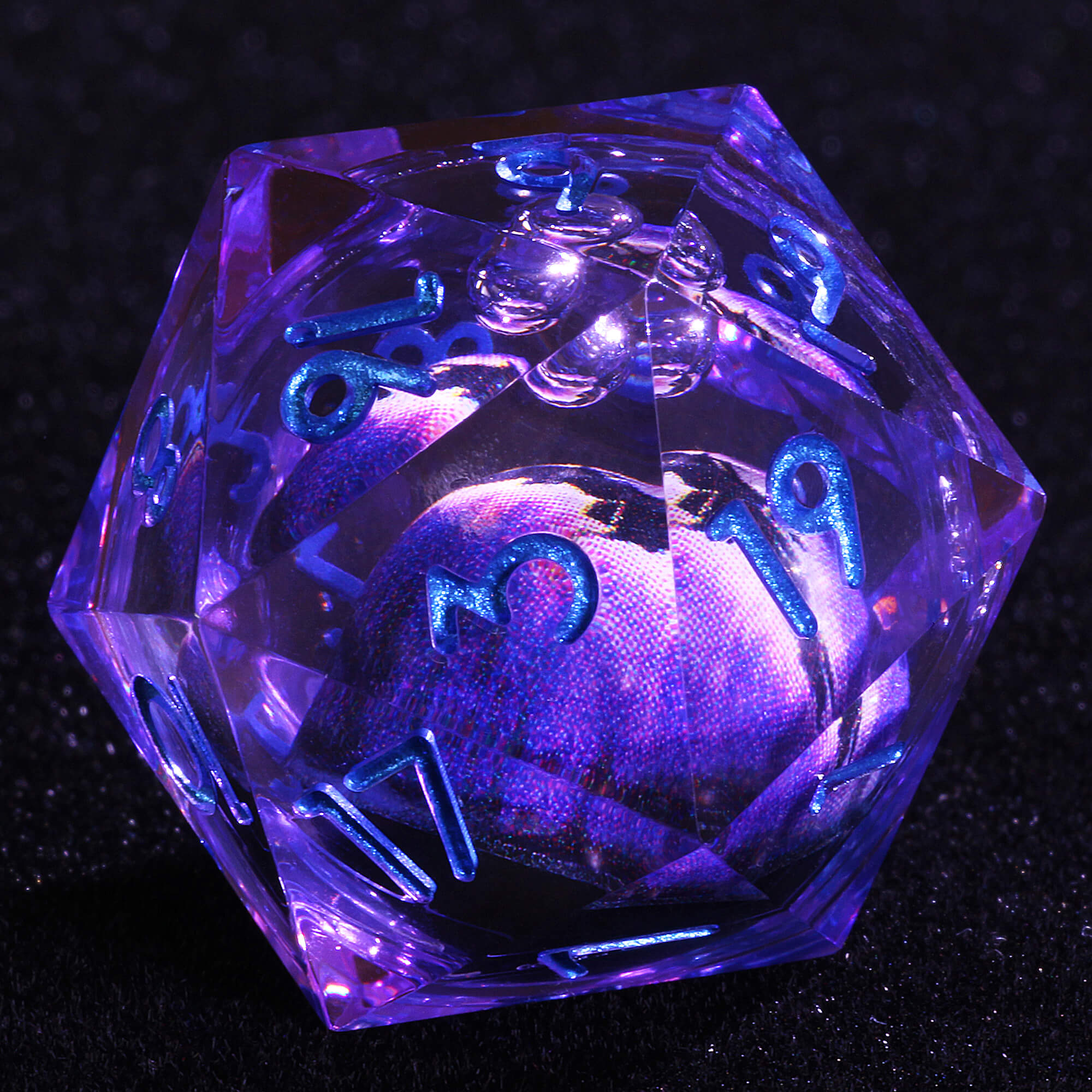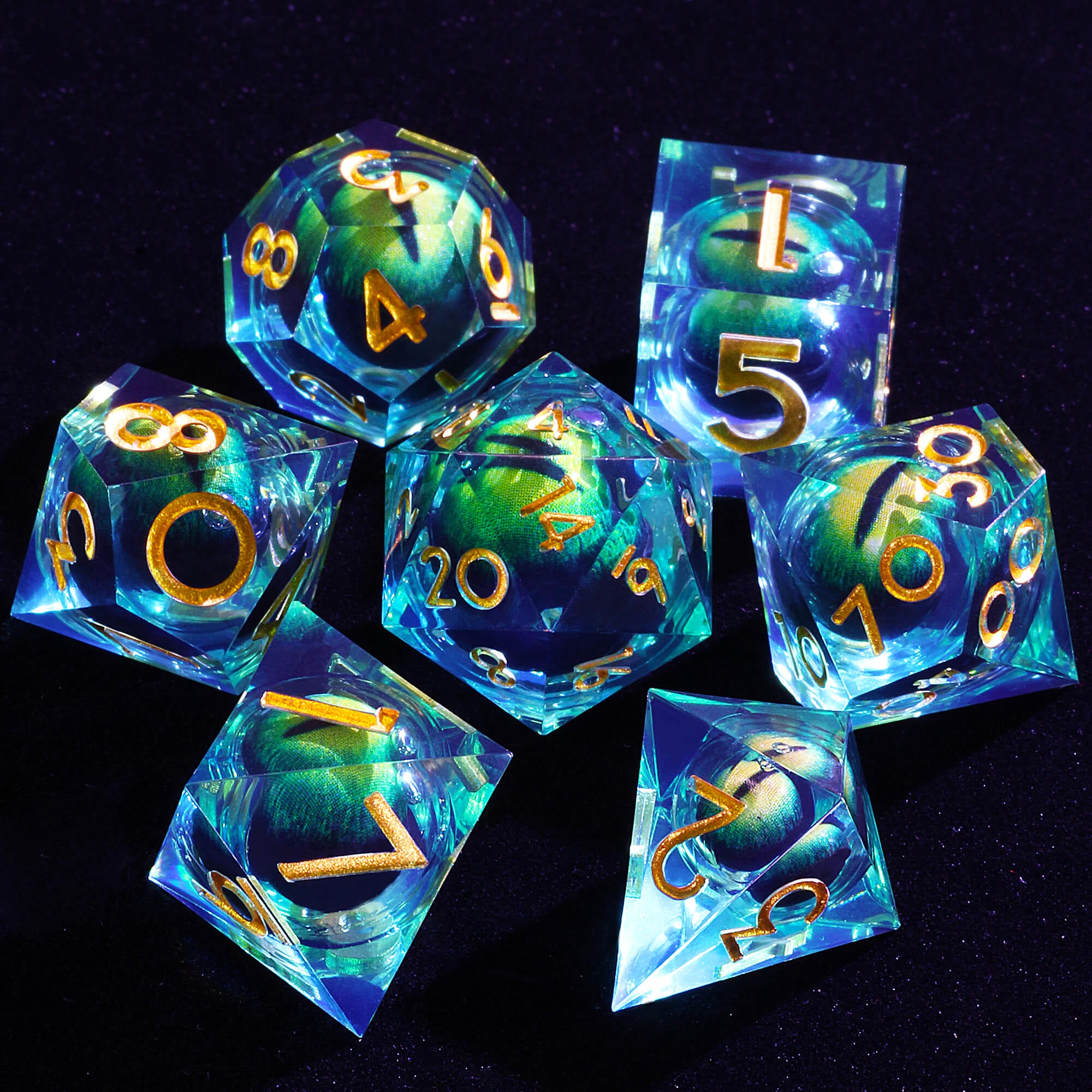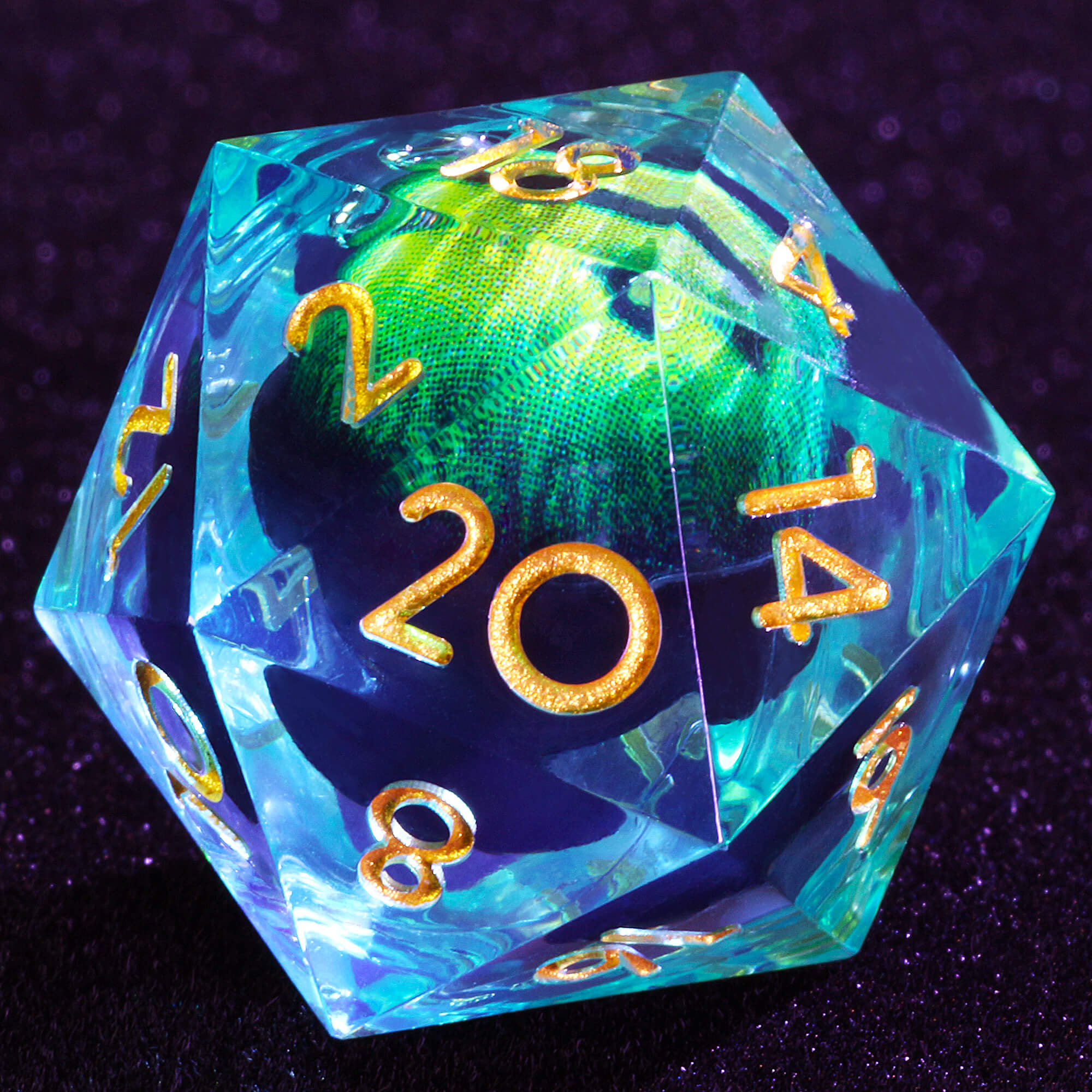You’ve been there. The table is set, the stakes are high, and you call upon your trusty d20 for the roll of a lifetime. And what do you get? A 1. Betrayed by your dice. That’s when you know it’s time: Dice Jail. But what is Dice Jail, and why are players worldwide locking up their unlucky polyhedron dice?
It’s not just superstition—it’s a hilarious, cathartic tradition that adds flavor to the gaming table. Let’s unpack this phenomenon (and maybe save a die or two from permanent exile).
Why Do We Punish Dice?

Let’s start with the obvious: it’s fun. Blaming your Dice for bad rolls is a time-honored tradition. Here are the most common reasons players send dice to the slammer:
They Rolled Like Traitors
You’re on a hot streak, feeling unstoppable… until your dice decide otherwise. A lousy roll isn’t just a number—it’s personal.
“If the dice roll poorly, it’s because they’re malicious. Punishment is the only answer!”
It’s Therapeutic
Ever notice how slamming a die into Dice Jail feels oddly satisfying? It’s like telling your dice, “Think about what you’ve done!”
“When dice roll statistically terrible, my heart longs to punish them in creative ways.”

Dice Have ‘Personalities’
Dice are more than tools—they’re extensions of ourselves. And just like moody co-workers, some days they’re just off.
“We players believe dice have personalities, blessings, and curses. Bad dice need time out, like kids in a corner.”
The Ritual of Dice Jail
Dice Shaming

Before sending dice to jail, many players indulge in a little public humiliation. Snap a photo of your rogue die next to its pitiful roll, share it online, and let the court of public opinion decide its fate.
“Dice shaming is an art form. Nothing teaches a die respect like a viral photo of its critical failure.”
Constructing the Jail
Dice Jails come in all shapes and sizes, from humble jars to elaborate cages. Bonus points if they’re themed—tiny medieval dungeons, sci-fi holding cells, or even thrones for the “good dice.”
“Some players even have dice commissars to handle the traitors. Remember: other dice need to see justice served, or the example doesn’t stick!”
The Reformation Process
Not all dice are doomed forever. Some players allow their dice parole hearings:
- Roll under observation.
- Outperform their peers.
- Apologize through impeccable behavior.
“If my dice fail their advantage rolls during parole, back into the bag they go. My justice is merciless.”
Do Dice Have Luck?
Statistically, dice rolls are random. But for RPG players, numbers alone don’t explain a die’s streak of failures. Blaming the dice makes the game more fun—and let’s be honest if you’ve smashed a die with a hammer to “set an example,” there’s no going back.
“When I have a truly unruly die, I freeze it and smash it with a hammer while the others watch. Justice must be served.”
The Science (or Lack Thereof) Behind It
Here’s the thing: Dice Jail isn’t entirely without logic. While it’s mostly superstition, a tiny grain of truth is buried in the ritual.
Manufacturing Imperfections
No die is truly perfect. Even slight imbalances during the manufacturing process can lead to uneven rolls. Air bubbles in resin, uneven distribution of materials, or chipped edges can affect outcomes. When a die consistently rolls poorly, isolating it might actually improve your overall results.
Psychological Control
Punishing a die might not change physics, but it changes you. By “banishing” the bad dice, you feel like you’re regaining control. That mental reset can make all the difference in your next roll.
Selective Perception
Players tend to remember dramatic bad rolls more vividly than average or good ones. Dice Jail becomes a way of addressing unfair odds, even if it’s just confirmation bias at work.
So, is Dice Jail science? No. But is it fun, and could it help your rolls? Maybe.
“Some players rotate through sets to find the ‘chosen’ dice. Others keep their dice in thrones and crowns to reward good behavior.”
Should You Get a Dice Jail?
If you’re a tabletop RPG player, the answer is probably yes. Dice Jails add an extra layer of enjoyment to your gaming experience. Here’s why:
They’re Functional
A dedicated space for misbehaving dice keeps them out of your way while you focus on the game.
They’re Fun
Dice Jails are as much a conversation starter as they are a gaming tool. Build a theme jail for your campaign—your rogue Dice will look great behind bars!
They Might Work
While science is skeptical, there’s no harm in trying! Besides, your other dice will appreciate seeing justice served.
FAQs
- What should I use as a Dice Jail?
Anything works! Common options include mason jars, dice bags, or even a LEGO-built cell. Bonus points for creativity.
- How long should a die stay in jail?
That’s up to you. Some players set a time limit; others require the die to prove itself with good rolls.
- Can a Dice Jail improve my rolls?
Not scientifically. But mentally? Absolutely. A fresh mindset can lead to better gameplay.
- What if a die never improves?
Then it might be time for… dice destruction. Freezing, smashing, or melting rogue dice is a dramatic (and satisfying) way to handle persistent bad luck.
Final Thoughts: Embrace the Chaos
Dice Jail isn’t about logic—it’s about fun. Whether you shame your d20 on social media or lock it away in a glittery cell, the ritual brings laughter, camaraderie, and just a little more drama to the gaming table.
And if you’re looking for dice to keep your current ones in line? Check out our store for collections that are so dazzling. They’ll make your dice behave—or face the jail themselves.

